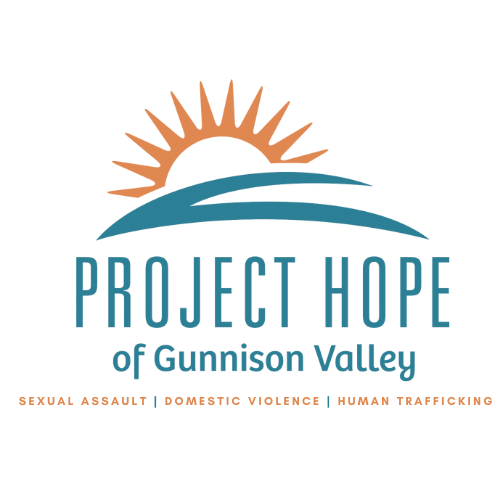
How Do I Help A Survivor?
Start by Believing.
Supporting Survivors of an Abusive Relationship.
Educate yourself on some of the signs that could indicate someone you care about may be experiencing abuse. Some warning signs may include:
Their partner insults them in front of other people
They are constantly worried about making their partner angry
Their partner is extremely jealous or possesive
They make excuses for their partner’s behavior.
They are depressed, anxious or you notice changes in personality.
They have unexplained marks or injuries
They’ve stopped spending time with friends and family.
If you think your friend or family is being abused, be supportive by listening. The person being abused may not be ready or able to leave the relationship at the moment. Do not judge them or pressure them to leave.
Don’t place shame, blame, or guilt.
Do not use your words in a way of telling them what to do: “You need to leave.”, “Why don’t you just get out?” Instead, use supporting words that empower them to make their own choices and ideas: “I see that you are going through a difficult time, if you would like, I can help by providing resources or even explain some of the things that are worrisome.” Be cautious of victim-blaming statements/questions: “Were you drinking?”, “Why are you staying?”
Offer specific help.
Offer community and nationwide resources. If there is a need for child care, shelter, relocation, transportation or counseling, you can research on the internet for services in your local area. Please look at our Get Help page to look at services we provide in Gunnison County and in Lake City.
If they ask for help with a safety plan.
This could vary from packing important items and helping them find a “safe” word/action. Letting you know they are in danger. This includes letting them know of organizations like Project Hope are here to help them.
Encourage them to talk to someone who can help.
Let them know that Project Hope is available 24/7 and can offer support, advocacy, and services. All free and confidential.
If they decide to stay, continue to be supportive.
It may be hard understand, but people stay in abusive relationships for many reasons. Be supportive, no what their decision is.
If they decide to leave, continue to offer help.
Abusive relationships are traumatic and it takes time to heal from them. Offer to be someone they can lean on as they move through the process.
Be supportive and listen.
If they want to talk, set up a time to talk or hangout. Ensure privacy, no distractions or interruptions and away from the abuser. You can be most supportive by listening to what they have to say. Remember that abuse is not an easy topic to discuss, recognize the strength involved in them sharing their story. Do not pressurize in sharing details. Let them talk.
Be an Active Bystander.
Without Posing Risk to Yourself.
Taking action and interfering safely is an essential skill. Stepping in can make all the difference, but it should never put your own safety at risk.
-
Distracting is a subtle and innovative way of diverting the attention of the perpetrator. The purpose is to interrupt the incident, safely, by communicating with the individual at risk and giving them an opportunity to safely exit the potential dangerous situation.
You can cut off the conversation with a diversion, bringing food or drinks to change the scene, start a game or something that draws the attention elsewhere.
-
Talking with the individual at risk can help determine if immediate actions needs to be taken to ensure safety.
Make sure the perpetrator is away so the situation can de-escalate. Ask them if they need support or assistance at the moment. Ask if they would like authorities to be involved. Ask if providing resources is okay. Proceed with whatever assistance they ask for.
-
Approaching a crisis situation can be intimidating and difficult. You can ask a friend, family, DV/SA professional, or law enforcement for advice or accompaniment.
Be sure to stay present when help arrives and near the individual that was harmed. Remain calm, friendly, and supportive.
-
Abusive and crisis situations leave traumatic effects so it is only right to extend a helping hand and an empathetic ear. Offer appropriate resources and options that support them.
Share contact information for student support, community support and nationwide resources. You can also share information about Project Hope and our 24/7 crisis line (970.275.1193). Extending support allows for healing, connection, recovery and restoration.
-
Whether or not you were able to change the outcome, by stepping in, you are helping change the way people think about their role in prevention.
If you suspect someone is in an abusive relationship, please call or text Project Hope Crisis line (970.275.1193) to receive supportive information and the services we provide.









